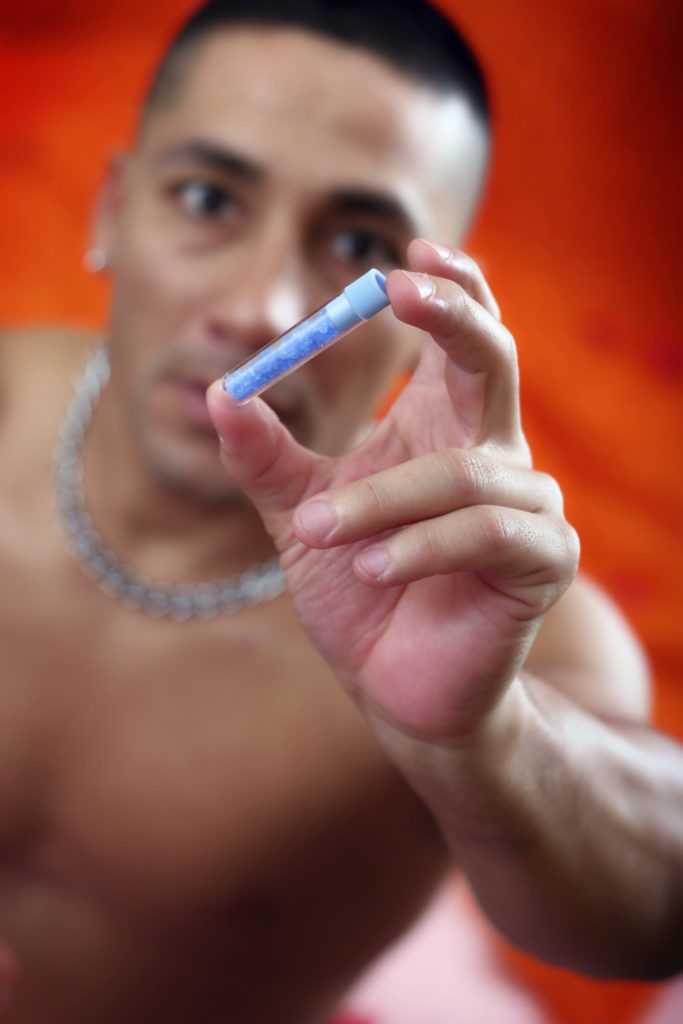LGBT-specific treatment for substance abuse may be the most effective treatment option for members of this community, but the availability of such services continues to lag behind demand. At the same time, research suggests that LGBT people who access general services for substance abuse or mental health issues often face some sort of mistreatment during the process. With increasing data about the high risk of substance abuse and mental health issues faced by this community, improving substance abuse treatment availability and quality is crucial.
Agencies Falsely Claim to Provide LGBT-Specific Services
Part of the problem appears to be agencies and programs that falsely claim to have LGBT-specific substance abuse services. A 2007 study contacted all of the 854 agencies that reported in the National Survey of Substance Abuse Treatment Services that they had specialized services. This study found that only 62 of these agencies—7.3 percent—truly offered LGBT-specific programs. Of the remaining programs, 34 said that they accepted LGBT patients, 79 said that they were entirely non-discriminatory and 16 said that they had offered LGBT programming in the past.
Misinformation Creates More Obstacles
This information is troubling in a number of ways. This misrepresentation on the part of so many different agencies could seriously discourage many LGBT people who are trying to find treatment. Just getting into treatment is a serious obstacle for many people with substance use problems, and adding more hurdles in the form of programs that misrepresent their services could scare many people away who are in serious need of help. Another highly troubling element of this study is how it exposes the truly limited options for people who want LGBT-specific services. While the current number of such programs is certainly higher than the 62 programs the study uncovered in 2007, this number would have had to increase nearly 15-fold just to reach the number of programs that supposedly existed in 2007. Furthermore, 854 agencies and programs represented only 11.8 percent of all substance abuse treatment programs the United States in 2007. The location of the few programs with specialized LGBT services creates further access problems for people in certain parts of the country. Of the 62 programs with such services, more than half were in California or New York. This means that many states in certain parts of the country do not have a single such agency or program within their own borders or in neighboring states.
LGBT Patients Find More Success With Specialized Services
Research suggests that making substance abuse treatment services available to the LGBT community does not always equal successful treatment. For one thing, a study from 2009 found that LGBT-specific programs and groups were a strong predictor of treatment success and current abstinence, unlike general treatment options. Furthermore, a 2010 survey by Lambda Legal suggested that more than 50 percent of LGBT people face insensitivity and lack of awareness or understanding while receiving healthcare services. This likely results in less-successful treatment and may also discourage people from seeking treatment in the first place, as the Human Rights Campaign reported in 2011. This report suggested that many LGBT people delay or avoid getting treatment for health problems because they are scared of encountering discrimination.






